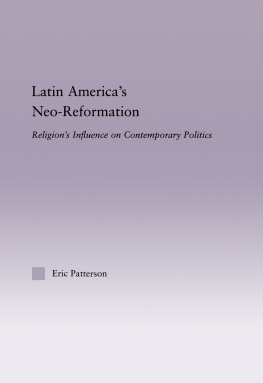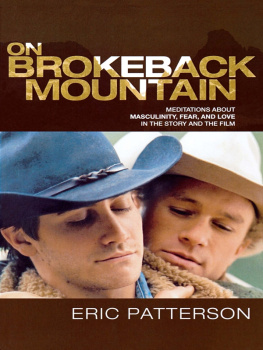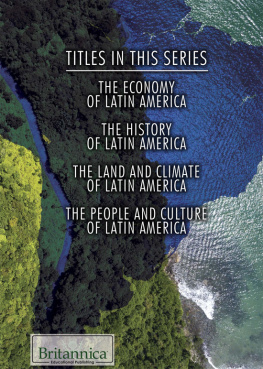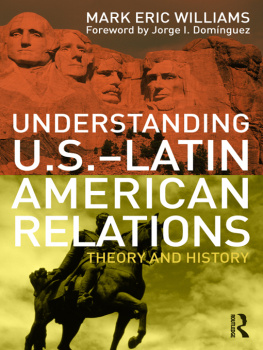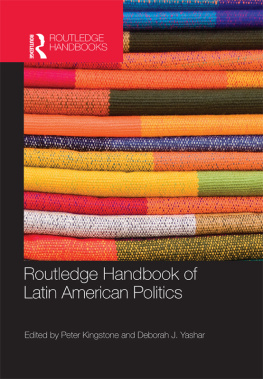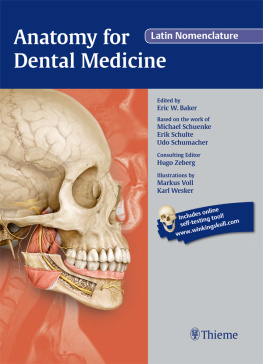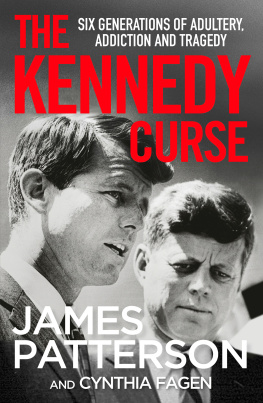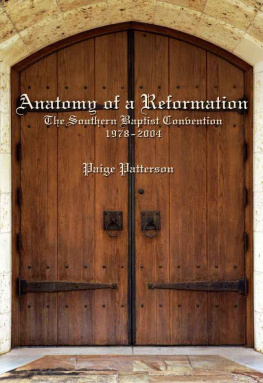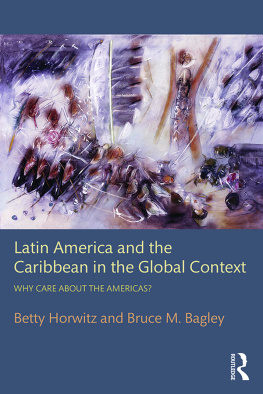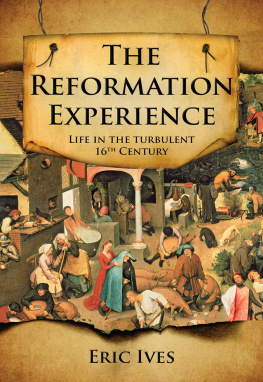Eric Patterson - Latin Americas Neo-Reformation: Religions Influence on Contemporary Politics
Here you can read online Eric Patterson - Latin Americas Neo-Reformation: Religions Influence on Contemporary Politics full text of the book (entire story) in english for free. Download pdf and epub, get meaning, cover and reviews about this ebook. year: 2004, publisher: Routledge, genre: Politics. Description of the work, (preface) as well as reviews are available. Best literature library LitArk.com created for fans of good reading and offers a wide selection of genres:
Romance novel
Science fiction
Adventure
Detective
Science
History
Home and family
Prose
Art
Politics
Computer
Non-fiction
Religion
Business
Children
Humor
Choose a favorite category and find really read worthwhile books. Enjoy immersion in the world of imagination, feel the emotions of the characters or learn something new for yourself, make an fascinating discovery.
- Book:Latin Americas Neo-Reformation: Religions Influence on Contemporary Politics
- Author:
- Publisher:Routledge
- Genre:
- Year:2004
- Rating:3 / 5
- Favourites:Add to favourites
- Your mark:
- 60
- 1
- 2
- 3
- 4
- 5
Latin Americas Neo-Reformation: Religions Influence on Contemporary Politics: summary, description and annotation
We offer to read an annotation, description, summary or preface (depends on what the author of the book "Latin Americas Neo-Reformation: Religions Influence on Contemporary Politics" wrote himself). If you haven't found the necessary information about the book — write in the comments, we will try to find it.
Eric Patterson: author's other books
Who wrote Latin Americas Neo-Reformation: Religions Influence on Contemporary Politics? Find out the surname, the name of the author of the book and a list of all author's works by series.
Latin Americas Neo-Reformation: Religions Influence on Contemporary Politics — read online for free the complete book (whole text) full work
Below is the text of the book, divided by pages. System saving the place of the last page read, allows you to conveniently read the book "Latin Americas Neo-Reformation: Religions Influence on Contemporary Politics" online for free, without having to search again every time where you left off. Put a bookmark, and you can go to the page where you finished reading at any time.
Font size:
Interval:
Bookmark:
SOCIAL SCIENCES AND LAW
David Mares
University of California
U.S. Military Attachs in Guatemala, Cuba, and Bolivia, 1950-1964
Robert O. Kirkland
Urbanization, Formation of Regions, and Globalization in Ejidos
Mara Teresa Vzquez-Castillo
Challenges in Contrasting Regimes, with Case Studies of Costa Rica and Cuba
Bert Hoffmann
Advocacy Networks and Police Violence in Democratic Argentina and Chile
Claudio A. Fuentes
Jos Luis Velasco
Religion's Influence on Contemporary Politics
Eric Patterson
New York & London
Routledge
270 Madison Avenue
New York, NY 10016
www.routledge-ny.com
Routledge
2 Park Square
Milton Park, Abingdon
Oxon OX14 4RN
www.routledge.co.uk
ISBN 0-415-94972-6 (hardback: alk. paper)
322'.1'098090511--dc22
| Chapter One Introduction: Religion and Politics in Brazil, Chile, and Mexico |
| Chapter Two The Challenge of Pentecostal Protestantism to Catholic Latin America |
| Chapter Three The "Different Religions, Different Politics" Hypotheses: Culture, Resources, and Political Engagement |
| Chapter Four Brazil |
| Chapter Five Chile |
| Chapter Six Mexico |
| Chapter Seven Conclusion: Assessing the Evidence for the "Different Religions, Different Politics" Hypotheses |
Introduction: Religion and Politics in Brazil, Chile, and Mexico
Font size:
Interval:
Bookmark:
Similar books «Latin Americas Neo-Reformation: Religions Influence on Contemporary Politics»
Look at similar books to Latin Americas Neo-Reformation: Religions Influence on Contemporary Politics. We have selected literature similar in name and meaning in the hope of providing readers with more options to find new, interesting, not yet read works.
Discussion, reviews of the book Latin Americas Neo-Reformation: Religions Influence on Contemporary Politics and just readers' own opinions. Leave your comments, write what you think about the work, its meaning or the main characters. Specify what exactly you liked and what you didn't like, and why you think so.

